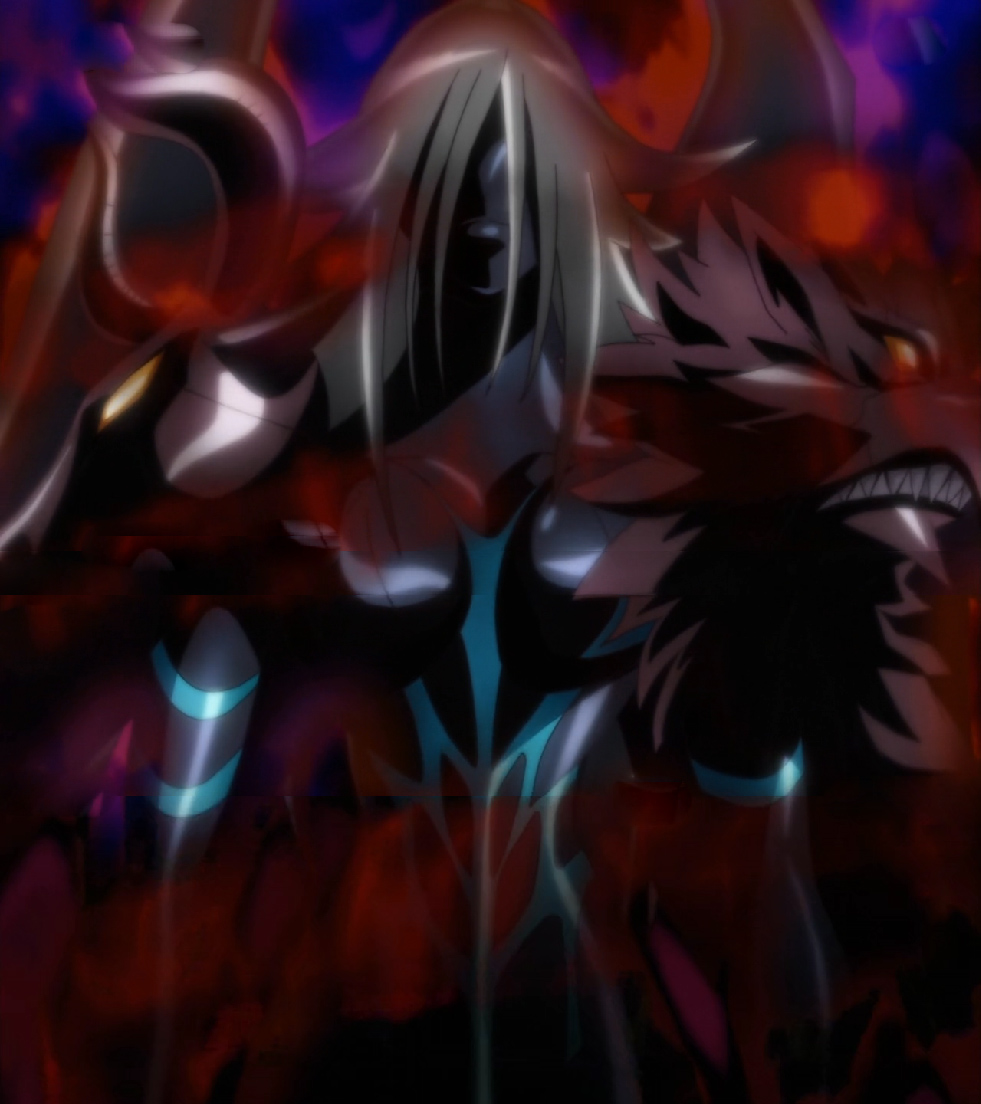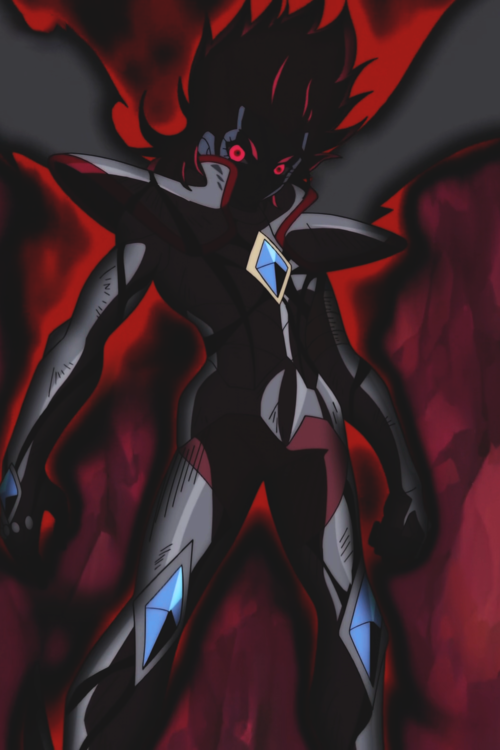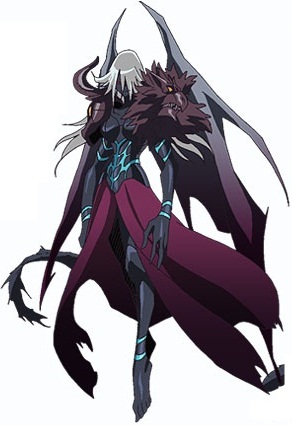

Lahmu and Lahamu, in turn, were the parents of the axis or pivot of the heavens ( Anshar, from an = heaven, shar = axle or pivot) and the earth ( Kishar) Anshar and Kishar were considered to meet on the horizon, becoming thereby, the parents of Anu (the Heavens, Biblical " Shemayim") and Ki (the Earth, Biblical " Eretz" created by Elohim in Genesis 1:1). The strictly modern depiction of Tiamat as a multi-headed dragon was popularized in the 1970s as a fixture of the Dungeons & Dragons roleplaying game inspired by earlier sources associating Tiamat with later mythological characters, such as Lotan.Īpsu (or Abzu, from Sumerian ab = water, zu = far) fathered upon Tiamat the Elder deities Lahmu and Lahamu (the "muddy"), a title given to the gatekeepers at the Enki Abzu temple in Eridu. She has insides (possibly "entrails"), a heart, arteries, and blood. Within the Enûma Elish her physical description includes a tail, a thigh, "lower parts" (which shake together), a belly, an udder, ribs, a neck, a head, a skull, eyes, nostrils, a mouth, and lips. The Enûma Elish specifically states that Tiamat did give birth to dragons and serpents, but they are included among a larger and more general list of monsters including scorpion men and merpeople, none of which imply that any of the children resemble the mother or are even limited to aquatic creatures. Though Tiamat is often described by modern authors as a sea serpent or dragon, no ancient texts exist in which there is a clear association with those kinds of creatures. Tiamat also has been claimed to be cognate with West Semitic tehom (תהום) ( the deeps, abyss), in the Book of Genesis 1. The difference in density of salt and fresh water, driving a perceptible separation. This characteristic is especially true of the region of Bahrain, whose name in Arabic means, "two seas", and which is thought to be the site of Dilmun, the original site of the Sumerian creation beliefs. Harriet Crawford finds this "mixing of the waters" to be a natural feature of the middle Persian Gulf, where fresh waters from the Arabian aquifer mix and mingle with the salt waters of the sea.

It is thought that female deities are older than male ones in Mesopotamia and Tiamat may have begun as part of the cult of Nammu, a female principle of a watery creative force, with equally strong connections to the underworld, which predates the appearance of Ea-Enki. The Babylonian epic Enuma Elish is named for its incipit: "When above" the heavens did not yet exist nor the earth below, Apsu the freshwater ocean was there, "the first, the begetter", and Tiamat, the saltwater sea, "she who bore them all" they were "mixing their waters". He finds the later form, thalatth, to be related clearly to Greek thalassa, "sea". īurkert continues by making a linguistic connection to Tethys. Thorkild Jacobsen and Walter Burkert both argue for a connection with the Akkadian word for sea, tâmtu, following an early form, ti'amtum. It is thought that the name of Tiamat was dropped in secondary translations of the original religious texts because some Akkadian copyists of Enûma Elish substituted the ordinary word for "sea" for Tiamat, because the two names essentially were the same, due to association. Tiamat was known as Thalattē (as variant of thalassa, the Greek word for "sea") in the Hellenistic Babylonian Berossus' first volume of universal history. From Tiamat's body the world is formed, land and sea. Later when Ea's son Marduk creates problems for her yet sleeping god youngsters by playing with sand storms and tornadoes, she conspires to retaliate by creating eleven frightening monsters and erecting her son Kingu as their general, but this plot fails when Marduk slays them all including Tiamat herself. In the Enûma Eliš she opposes when Abzû conspires to kill the younger gods, and she warns the most powerful of those, Ea, who puts Abzû under a spell and kills him.

In Babylonian mythology, Tiamat is a chaos monster, a primordial goddess of the ocean, mating with the god Abzû to produce younger gods. The references used may be made clearer with a different or consistent style of citation, footnoting, or external linking.

This article's citation style may be unclear.


 0 kommentar(er)
0 kommentar(er)
